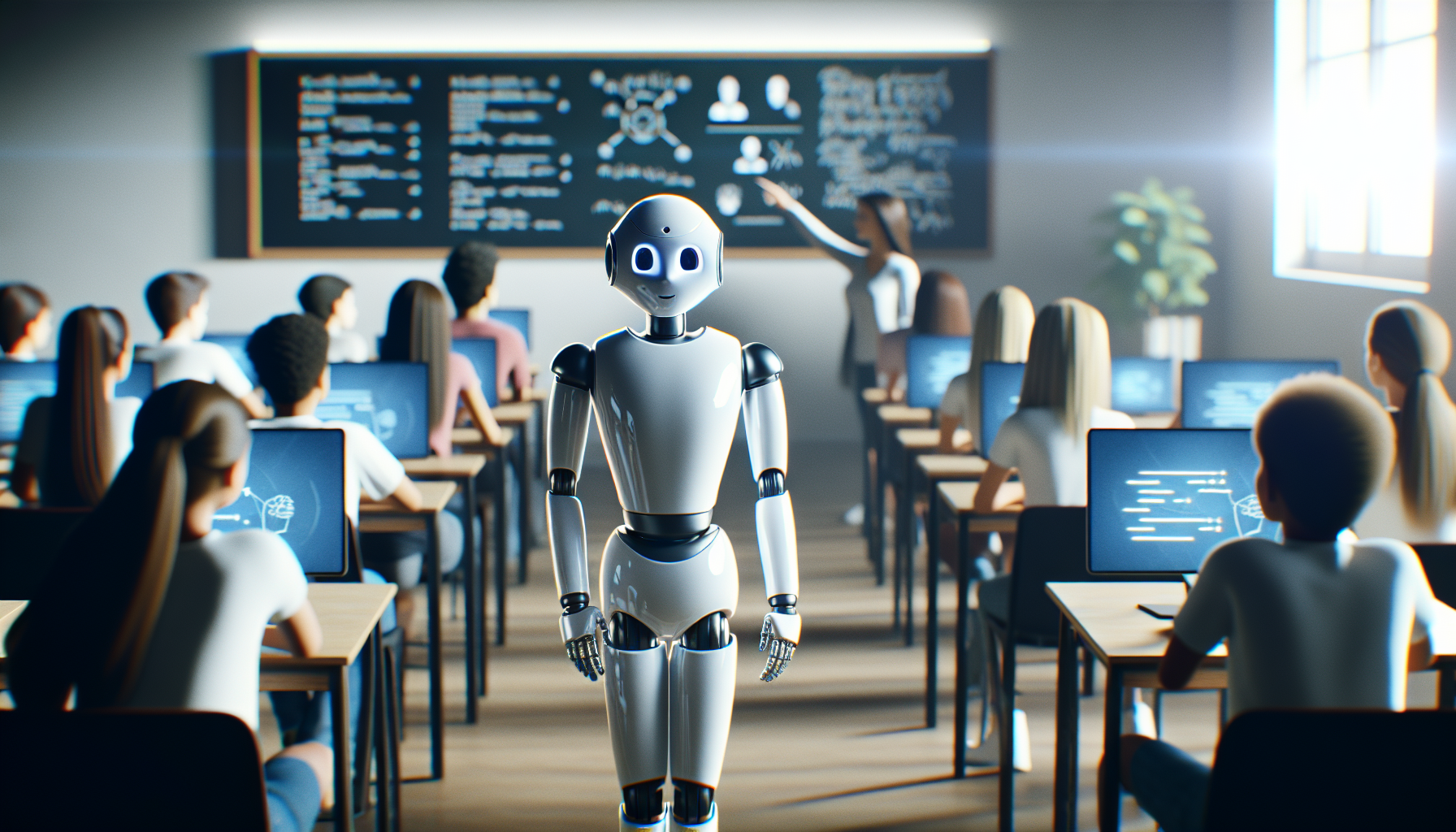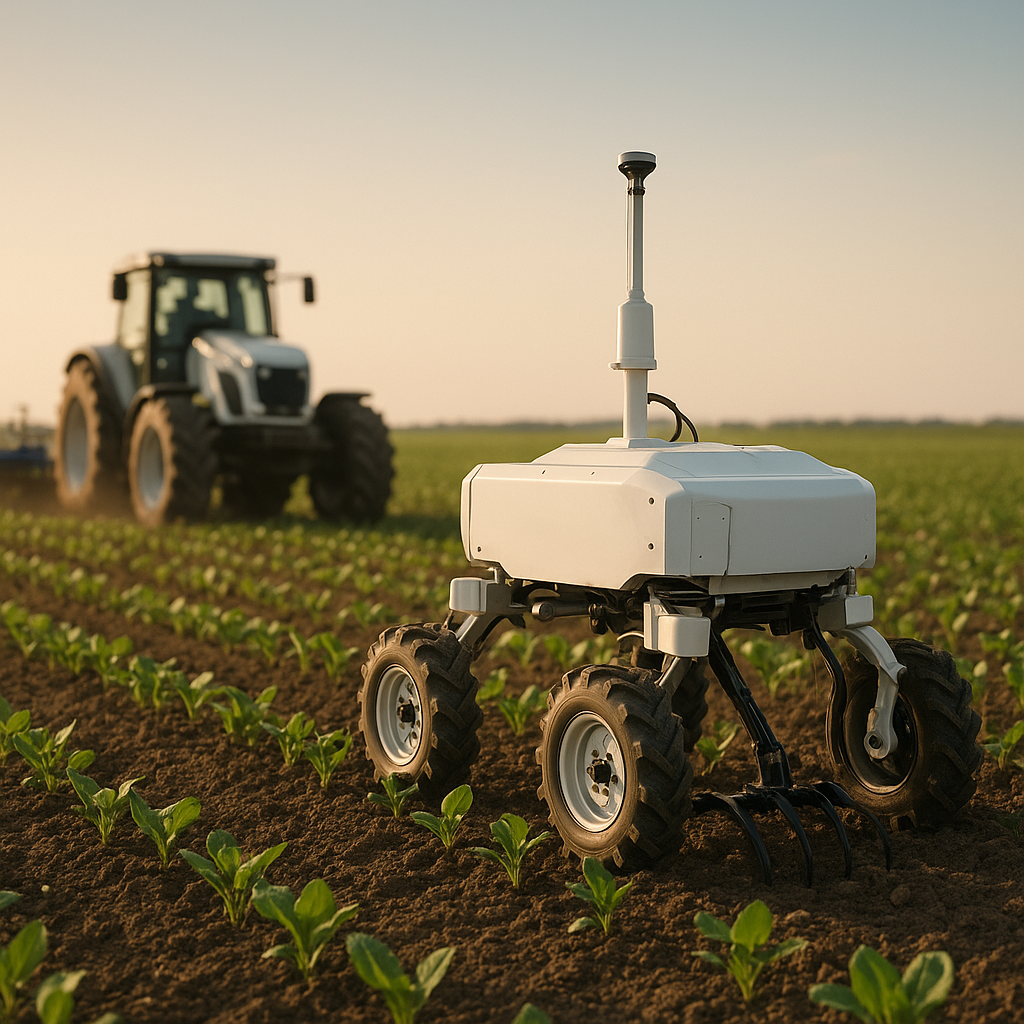The Role of AI in Personalized Learning Experiences for Students
As technology continues to evolve, artificial intelligence (AI) is rapidly transforming educational landscapes by providing personalized learning experiences. AI applications in education offer tailored, adaptive learning paths, improving student engagement and outcomes. This article explores the implications of AI in personalized learning, its benefits, challenges, and future outlook.

Understanding Personalized Learning
Personalized learning refers to tailoring educational experiences to individual students' needs, strengths, and interests. This approach allows learners to progress at their own pace, potentially leading to better outcomes. The integration of AI enhances these tailored experiences through various strategies:
- Adaptive Learning Platforms: These platforms utilize algorithms to analyze student responses and adapt learning materials accordingly, ensuring that each learner receives content suited to their level.
- Learning Analytics: AI can collect and analyze data on student performance, identifying areas where they struggle and suggesting targeted interventions.
- Personalized Feedback: Students receive immediate, relevant feedback on their assignments, helping them understand their mistakes and improving learning retention.
Benefits of AI in Personalized Learning
The adoption of AI in education presents several advantages:
- Enhanced Engagement: Customization of learning materials keeps students more engaged, as content can be aligned with their interests.
- Improved Learning Outcomes: AI's ability to provide tailored instruction and timely feedback often results in better performance on assessments.
- Scalability: AI systems can serve large numbers of students simultaneously, making personalized education more accessible across diverse populations.
The Role of Educators
Despite concerns about AI replacing traditional teaching roles, experts emphasize that teachers play a crucial role in this new learning paradigm. Educators are essential for:
- Facilitating Human Interaction: While AI can offer personalized instruction, the social aspect of learning fosters collaboration and communication.
- Guiding Critical Thinking: Teachers can help students navigate complex concepts that require human judgment and reasoning.
- Monitoring Emotional and Social Development: Educators are critical in ensuring students' emotional well-being, something AI cannot fully address.
Challenges of Integrating AI in Education
Despite its benefits, the integration of AI into education is not without challenges:
- Resource Allocation: Developing and implementing AI systems requires significant financial investment, which may be a barrier for many institutions.
- Data Privacy Concerns: Collecting and storing student data raises issues regarding privacy and security, necessitating robust policies and protection measures.
- Equity Issues: Disparities in access to technology can lead to unequal learning opportunities, highlighting the digital divide among students.
Global Trends in AI-Enhanced Learning
Various countries are embracing AI in education with innovative initiatives. For example, South Korea's textbook reform integrates AI to provide customized learning experiences, setting an example for global adoption. These trends illustrate a shift towards more technology-driven educational models aimed at enhancing student outcomes.
The Future of AI in Personalized Learning
The future of AI in education looks promising as advancements continue. Future innovations may include:
- More Sophisticated Algorithms: Enhancements in machine learning will allow for even greater personalization and adaptability in educational content.
- AI-Driven Emotional Recognition: Integrating emotional intelligence into AI systems can help better support students' well-being and mental health.
- Collaboration Tools: AI can facilitate more effective communication and collaboration among students and educators, enhancing the overall learning environment.
Conclusion
AI has the potential to revolutionize personalized learning experiences by providing tailored educational pathways for students. While challenges remain, the integration of these technologies carries substantial promise for improving educational outcomes. As schools and educators navigate this transition, a balanced approach that combines AI's capabilities with the invaluable human touch will be essential for creating effective learning environments.
Related video
Related videos:








